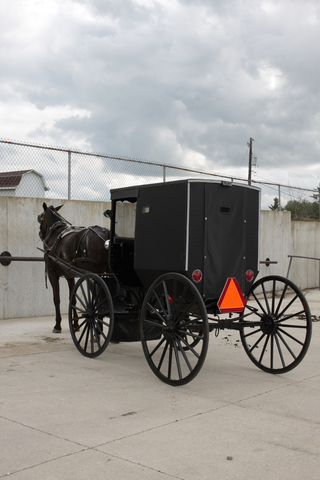The "Occupy Wall Street" movement argues that we live in a divided nation. First there's a gilded "1%" enjoying lives of ease and privilege. Then there's a downtrodden "99%" struggling just to stay in place. But here's a take on "the 1%" that you won't hear at your local tent city . . .
"Occupy Wall Street" movement argues that we live in a divided nation. First there's a gilded "1%" enjoying lives of ease and privilege. Then there's a downtrodden "99%" struggling just to stay in place. But here's a take on "the 1%" that you won't hear at your local tent city . . .
The IRS is struggling just like the rest of us to carry out its mission with limited resources. Back in 2003, they audited just one out of every 203 returns. By 2010, that number was up to one out of 90. To stretch that audit budget even further, they're auditing more and more taxpayers by mail. But one study shows that 10% of IRS mail never gets where it's supposed to go, and 27% of those who do get their mail don't even realize they're actually being audited! Naturally, that leads to more and more of the paperwork screw ups that every taxpayer fears.





